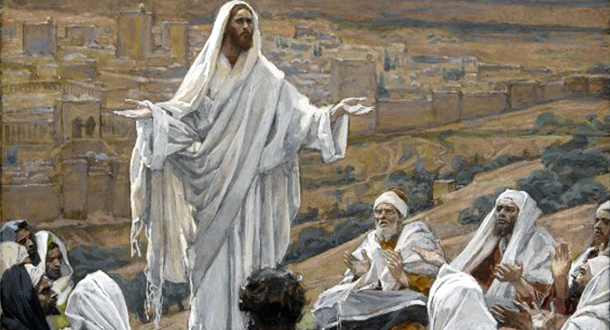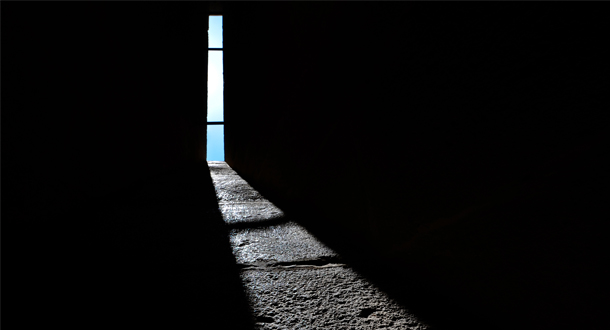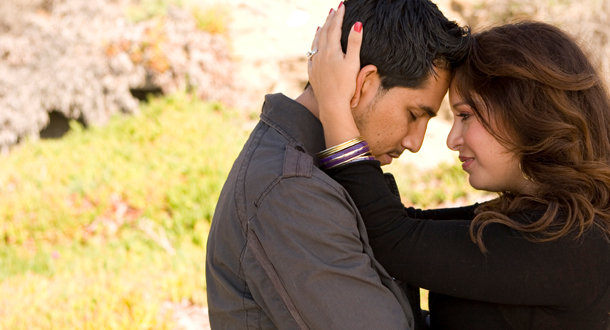
Scripture:
Galatians 3:22-29
Luke 11:27-28
Reflection:
Today’s readings succinctly reveal to us the impact of the messianic message that opens our hearts and minds to faith in Jesus Christ.
In the pre-messianic period, the people were “held in custody under the law” (guided) in the exercise of their faith by the Mosaic law. Paul states that the “law was our disciplinarian for Christ”. If the faithful adhered strictly to the law, they were considered to be in union with the will of God.
However, once faith had been revealed through the life, death and resurrection of the Messiah, the faithful were no longer disciplined by the law but rather by the faith that had been revealed to them by the Messiah. Paul states that through faith (our baptisms) we are all children of God in Christ Jesus (the Body of Christ). Faithfulness to Christ is non-discriminatory. It includes every baptized person, irrespective of race, sex, social status, etc. Paul goes on to reveal that the faith that Jesus empowers us with, through baptism, frees us from the discipline of the law by empowering us with a new consciousness of seeking the will of God.
In the Gospel reading, an unidentified woman blesses the womb that bore Jesus and the breasts that nourished him. However, without responding directly to her, Jesus deflects attention on himself and redirects it: “Rather, blessed are those who hear the word of God and observe it.” With this 13-word statement, Jesus underscores Paul’s later message about the responsibility that we each have to seek and do the will of God.
Father Bennet Kelly, CP, in his book entitled “Spiritual Direction According to St. Paul of the Cross” shows how firmly Paul of the Cross believed that seeking and doing the will of God was a matter of faith.
“The awareness that we should accept and follow God’s will is common to all Christians. We all say, “Thy will be done,” in the Our Father. However, for many this means following an inflexible, iron rule of things; laws and rules and regulations and directions from authority, which often seem inhuman and heartless. The same is true of natural disasters, which seem to be utterly indifferent to human suffering. Some do not accept these as God’s will, but even those who do usually have a problem with acceptance. There are probably very few who say the “Thy will be done” of the Our Father with any real enthusiasm. But Paul was one of those few. The reason he could be enthusiastic about God’s will, no matter what it entailed was that in faith, he saw God’s will, not as some iron rule, but as all love.” 1
St. Paul of the Cross’ sense of oneness with the will of God underscores the message reflected in today’s scripture readings.
“Rather, blessed are those who hear the word of God and observe it.”
- Kelly, Bennet, CP. “Spiritual Direction According to St. Paul of the Cross”
Bill Berger has had a lifelong relationship with the Passionist Family. Bill and his wife, Linda, are currently leaders of the Community of Passionist Partners (CPPs) in Houston, Texas.







